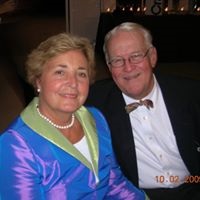What caused the greatest number of deaths during the Civil War?
Most deaths in the Civil War were the result of non-combat-related disease. For every three soldiers killed in battle, five more died of disease. The primitive nature of Civil War medicine, both in its intellectual underpinnings and in its practice in the armies, meant that many wounds and illnesses were unnecessarily fatal. In the war, people died by the hundreds of thousands of disease. Roughly 2% of the population, an estimated 620,000 men, lost their lives in the line of duty. Taken as a percentage of today's population, the toll would be as high as 6 million souls.
Approximately, one in four soldiers that went to war never returned home. At the outset of the war, neither army had mechanisms in place to handle the amount of death that the nation was about to experience. There were no national cemeteries, no burial details, and no messengers of loss. The Civil War was the largest human catastrophe in American history.
President Lincoln's 2nd Inaugural Address put the issue of casualties into focus. He said: "Fondly do we hope, fervently do we pray, that this mighty scourge of war may speedily pass away. Yet, if God wills that it continue until all the wealth piled by the bondsman’s two hundred and fifty years of unrequited toil shall be sunk, and until every drop of blood drawn with the lash shall be paid by another drawn with the sword, as was said three thousand years ago, so still it must be said “the judgments of the Lord are true and righteous altogether".
More Info:
www.nps.gov







